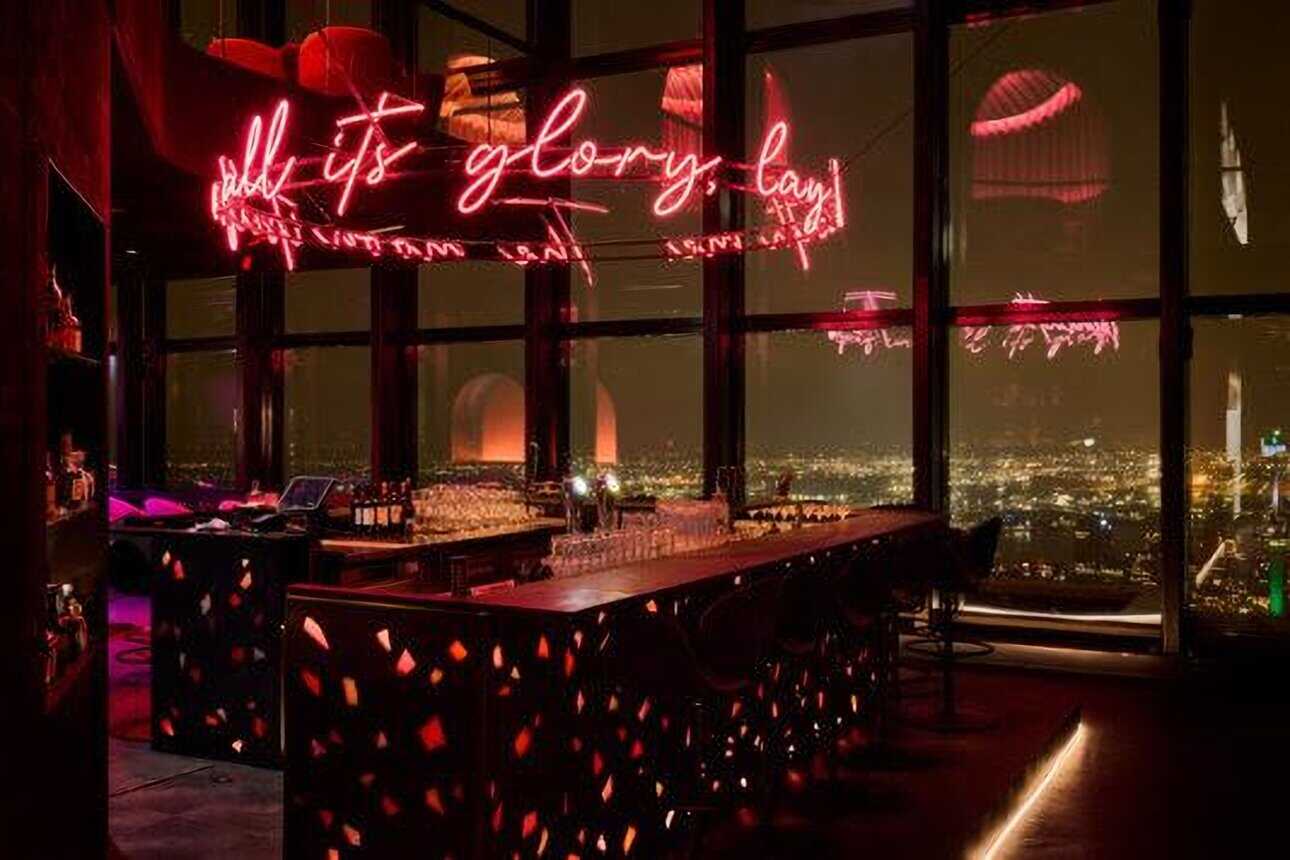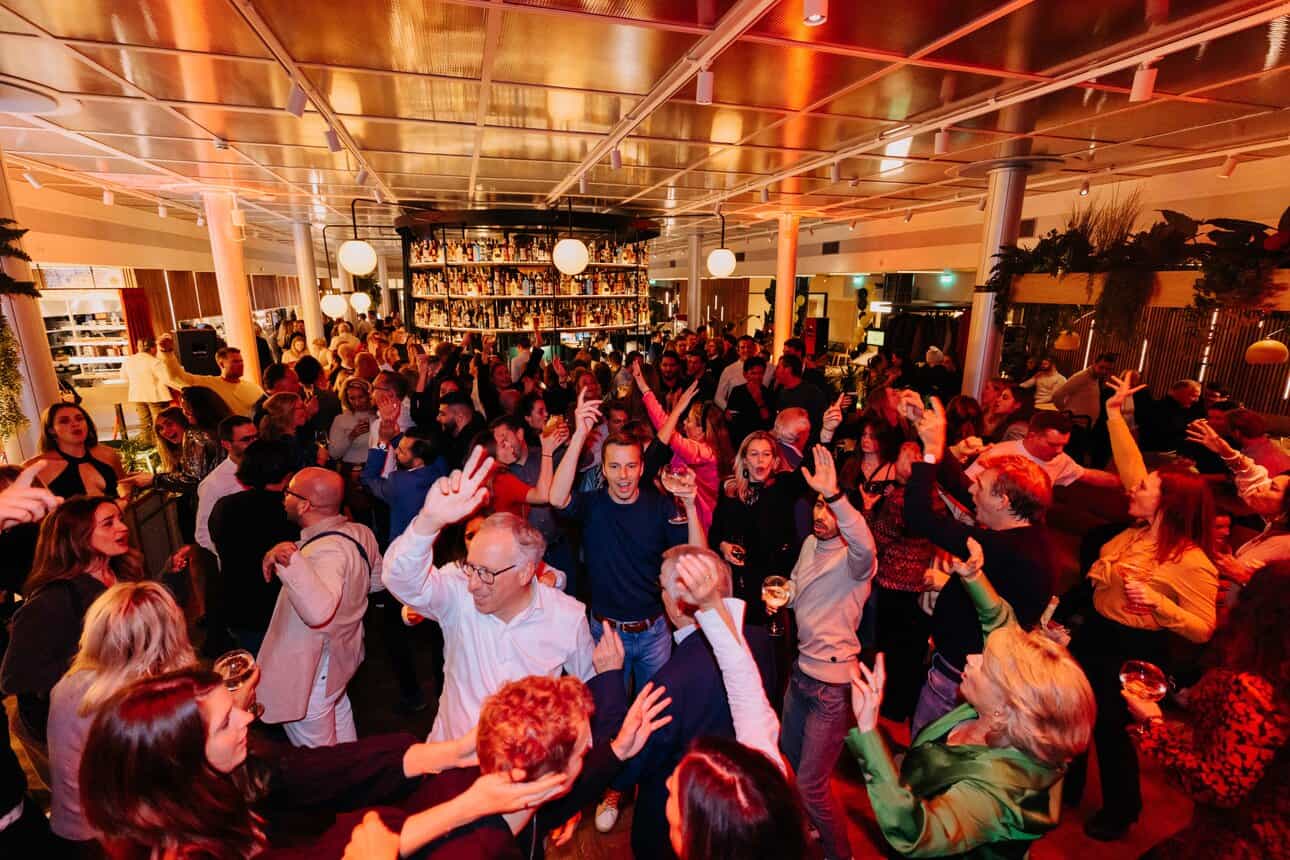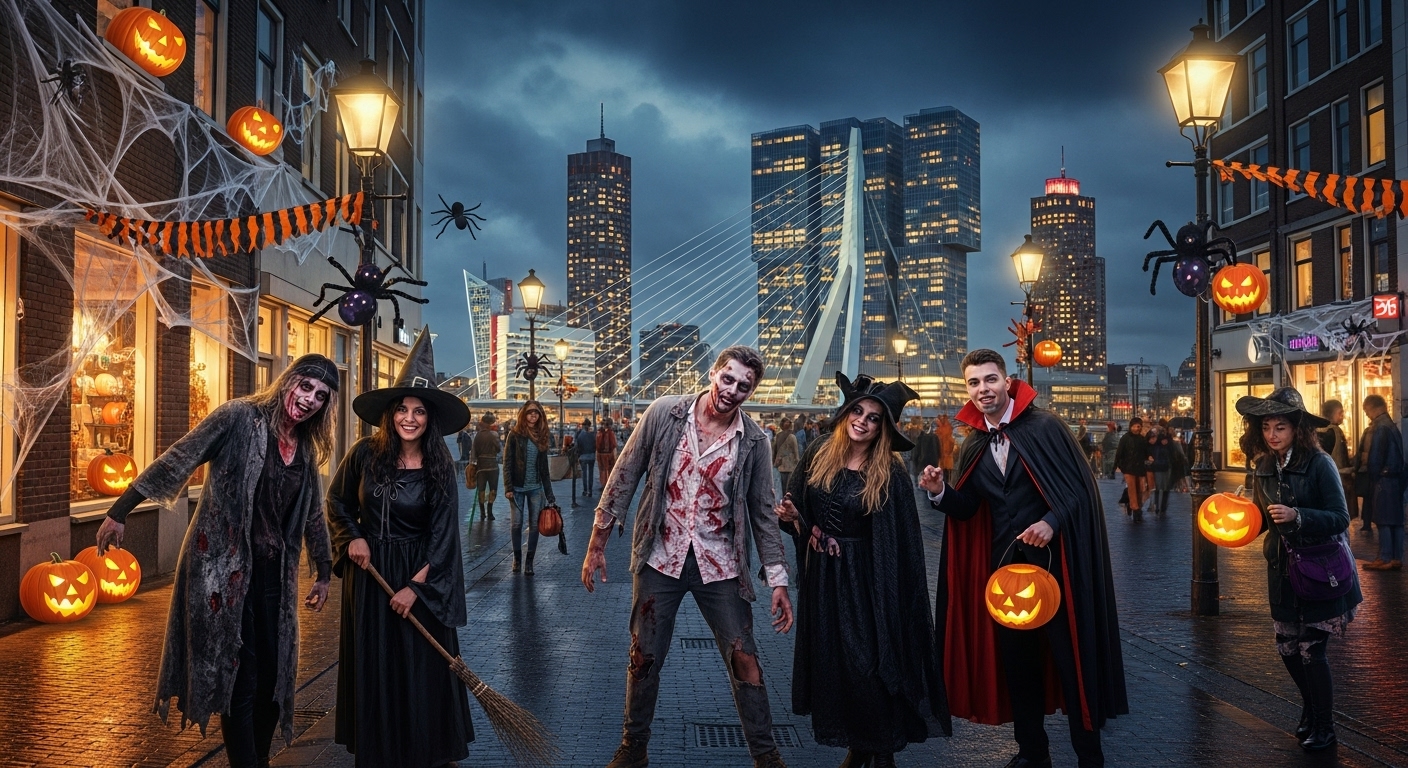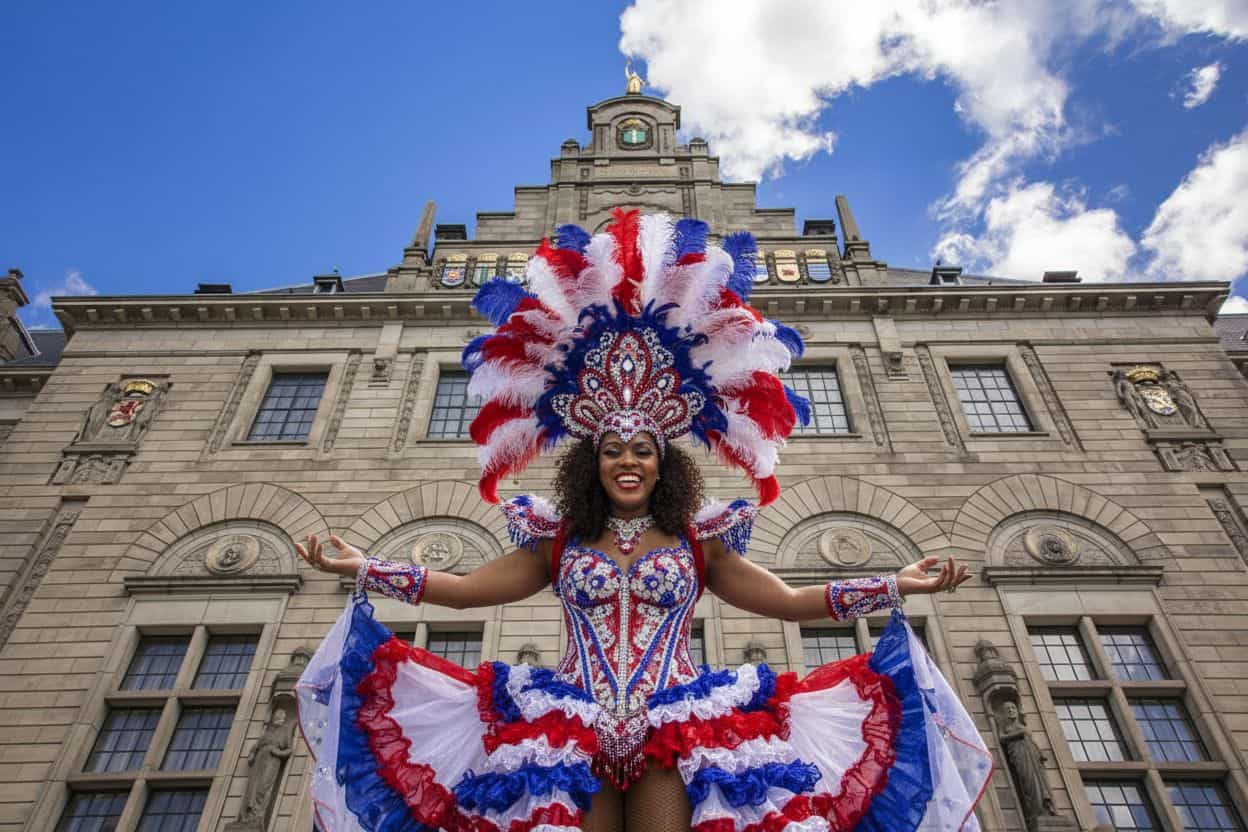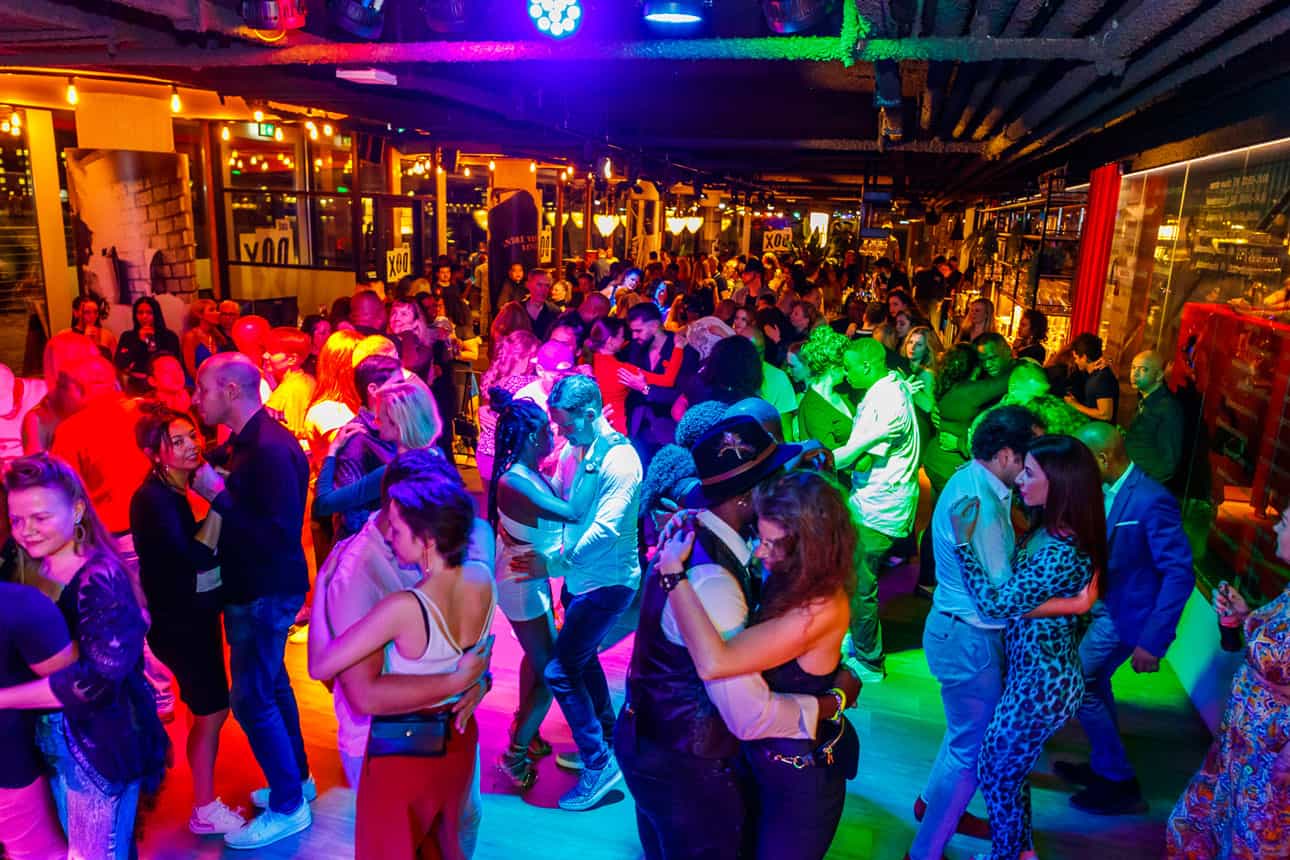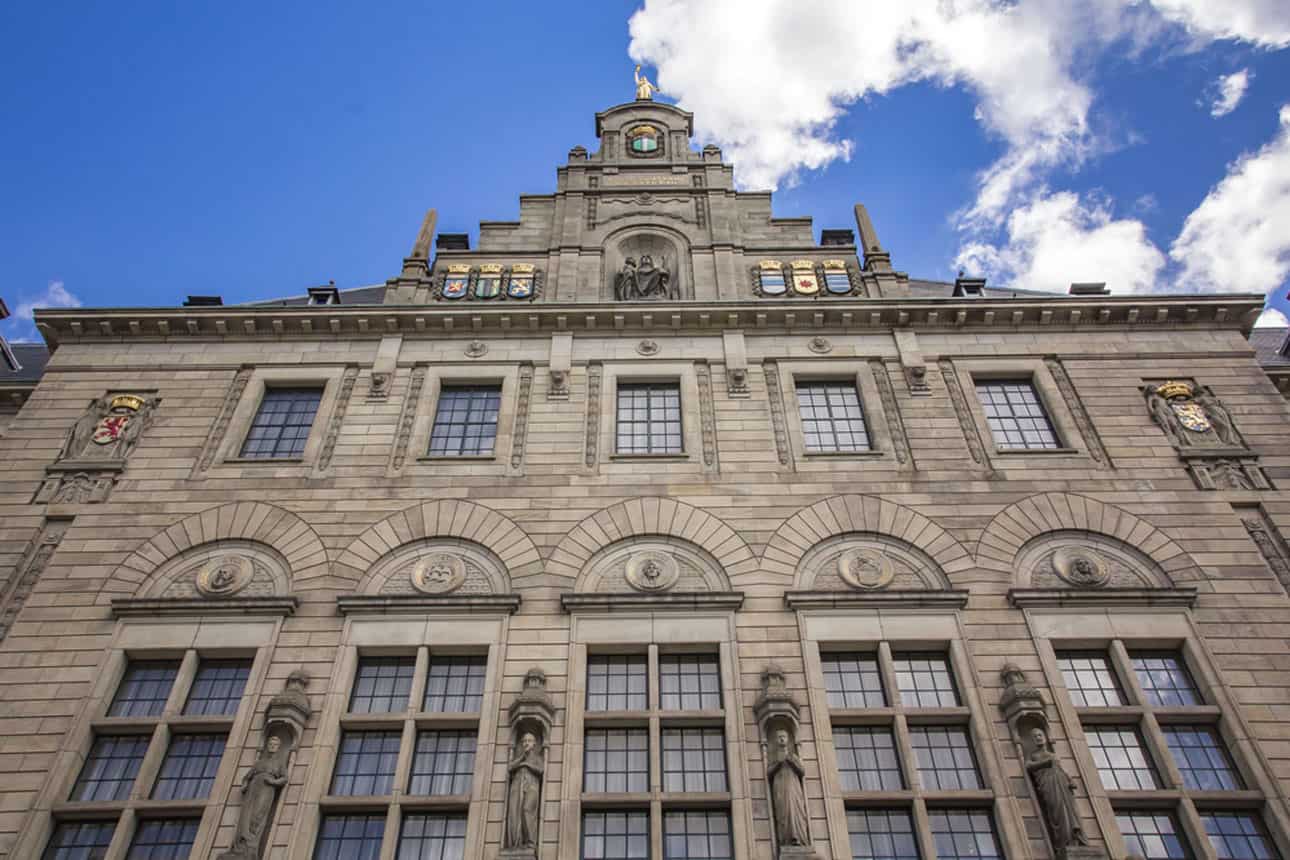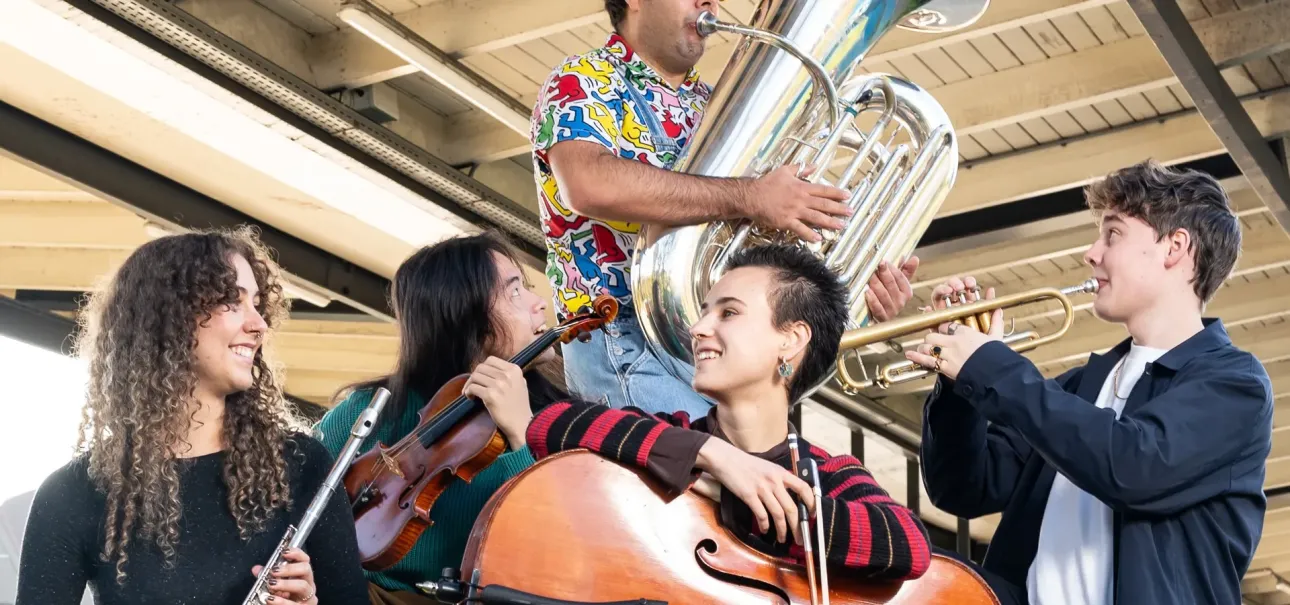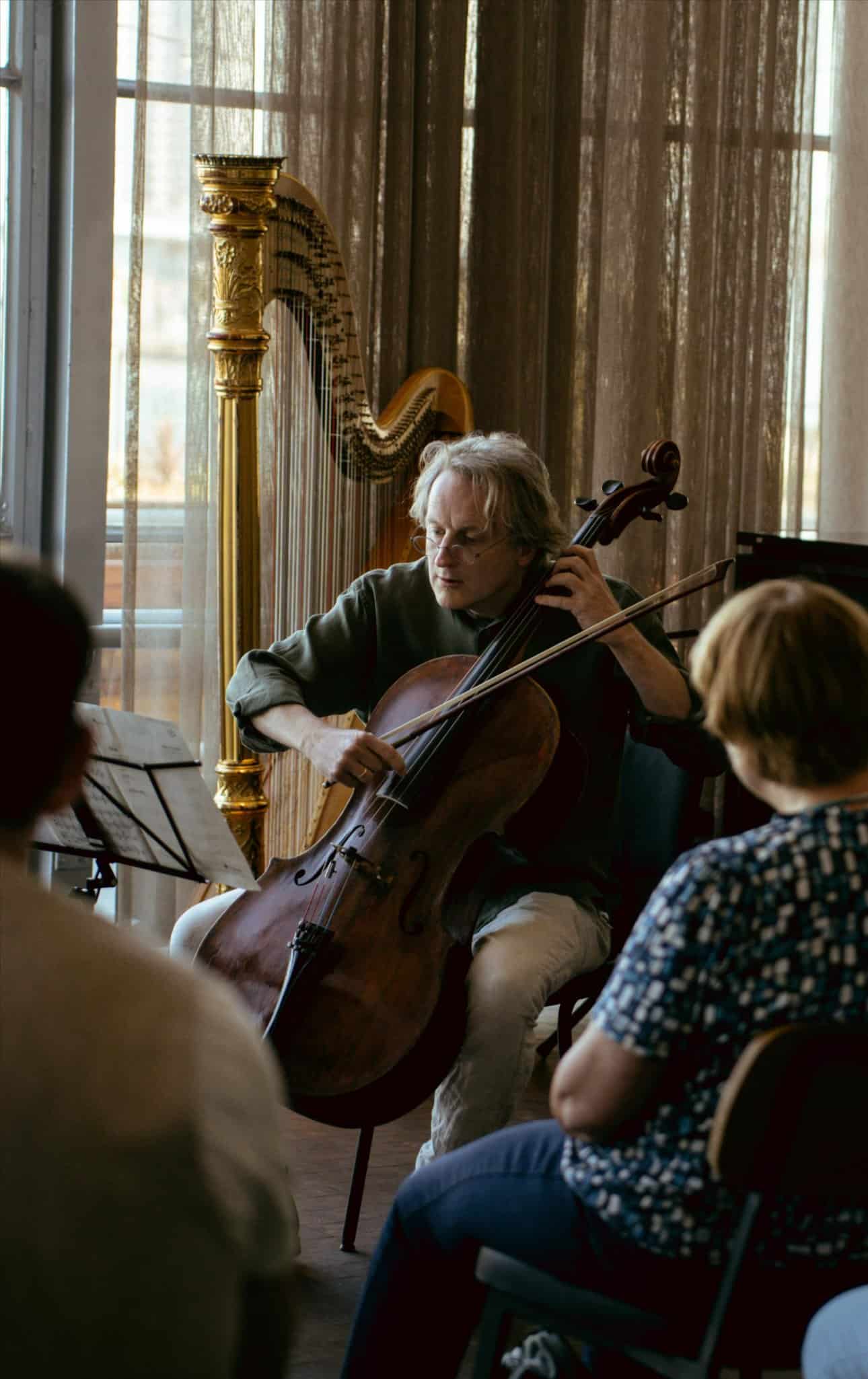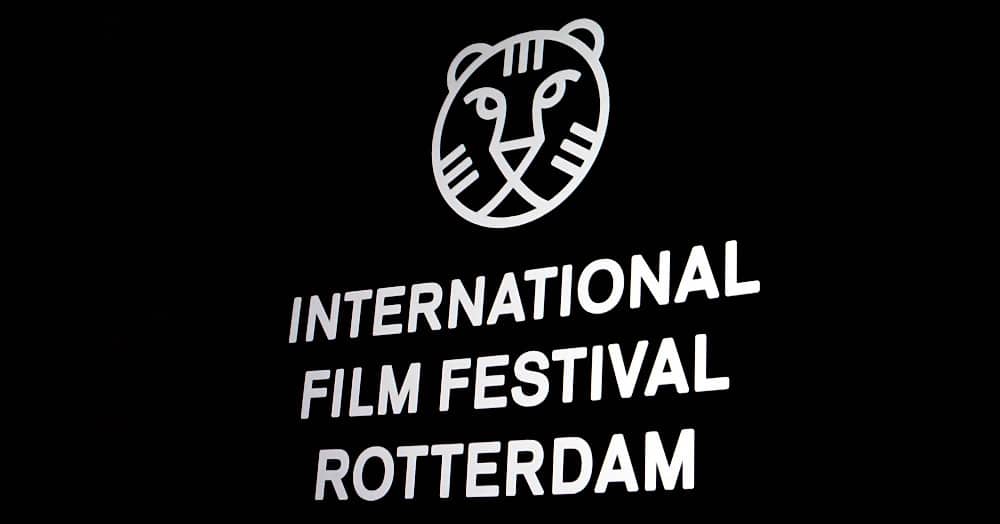ROTTERDAM, 11 July 2024 – Rotterdam's city council has approved new hospitality plans, marking a significant move towards a more vibrant urban landscape. These plans, ratified on 2 July 2024, apply to Centrum, Delfshaven, Feijenoord, Kralingen-Crooswijk, Noord, and the centrally governed areas. The process, involving input from entrepreneurs, residents, and neighbourhood councils, has resulted in fifteen new hospitality area plans. These plans outline potential developments for new and existing hospitality venues over the coming years.
Expanded space for nightlife
The newly approved hospitality plans designate fifteen locations for the development of 24-hour hospitality venues. This includes a potential new nightclub in Merwe-Vierhavens, extended hours for the Ferry, and possibly a new jazz club in the basement of De Machinist. Existing venues may also see extended permits. Additionally, the city will allow extended dance hours until 1 am on weekdays and 3 am on weekends, where businesses may obtain permits to produce more noise than just background music. Potential locations include Time is the new space, Skateland, and the gas domes in Mallegatpark. All applications must meet conditions such as an approved acoustic study.
Permanent terrace expansion
In response to the need for compliance with COVID-19 regulations and subsequent economic recovery, Rotterdam temporarily expanded terrace spaces. This policy has fostered communal areas where residents of all ages can gather. The city is now offering a framework for permanent terrace expansions through a permit application process. Each application will be evaluated to ensure larger terraces are feasible. Locations lacking physical space will not be considered. The temporary terrace expansion policy will end on 1 November 2024.
Hospitality tailored to neighbourhoods
The city council has collaborated with residents, new and existing entrepreneurs, N8W8 R’dam, neighbourhood councils, and the Royal Dutch Hospitality Association's Rotterdam branch to shape the hospitality area plans. The outcome allows for varied developments tailored to each neighbourhood's needs—ranging from new lunch spots in some areas to nightclubs in others, and in some places, no new hospitality development at all. This inclusive participation process has enabled the city council to make informed decisions that balance liveability, safety, and vibrancy.
The hospitality area plans serve as a framework for permit applications, indicating the type of hospitality allowed in each area, neighbourhood, and street. More details on the hospitality policy are available at www.rotterdam.nl/horeca. The new plans for Centrum, Delfshaven, Feijenoord, Kralingen-Crooswijk, Noord, and the centrally governed areas will take effect upon publication in the municipal gazette. Plans for other areas are already in force.


